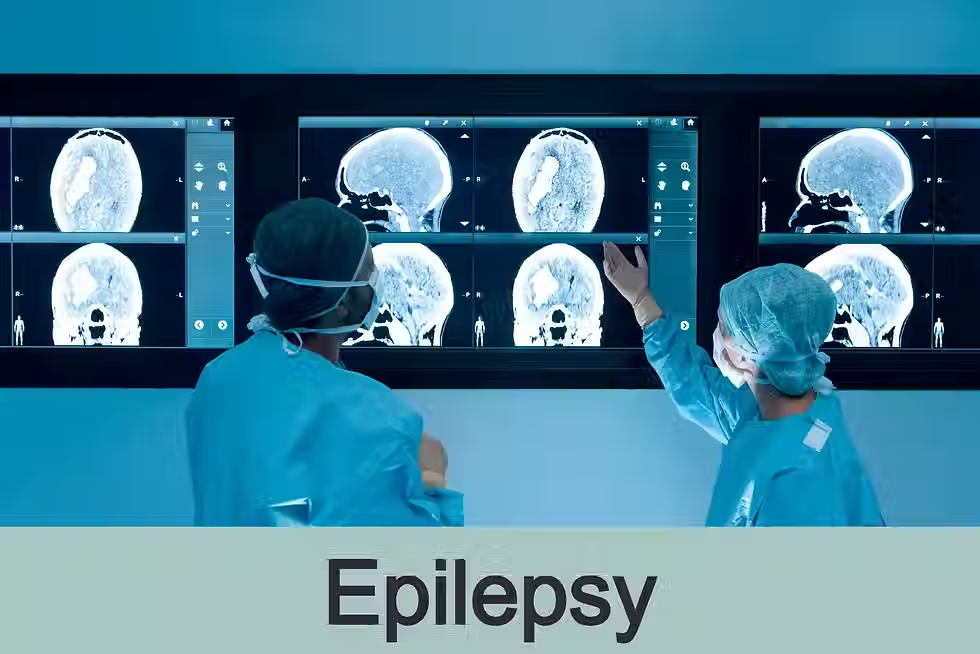Medical Marijuana and ALS: Exploring Hope in Symptom Relief
- drkhanna
- Jul 16, 2025
- 2 min read
Updated: Jul 18, 2025

Amyotrophic Lateral Sclerosis (ALS), often known as Lou Gehrig’s disease, is a progressive neurodegenerative disorder that affects nerve cells in the brain and spinal cord. Over time, ALS causes the loss of muscle control, leading to difficulty speaking, moving, eating, and eventually breathing. While there is no cure for ALS, symptom management plays a critical role in improving quality of life. One promising area of supportive care is medical marijuana.
Understanding ALS Symptoms
Patients with ALS often endure a range of debilitating symptoms, including:
Muscle cramps and spasticity
Chronic pain
Difficulty sleeping
Loss of appetite
Anxiety and depression
Traditional medications may only partially relieve these symptoms or cause intolerable side effects. This has led many patients and physicians to explore alternative therapies — including medical cannabis.
How Medical Marijuana May Help ALS Patients
1. Spasticity and Muscle Cramps: Cannabinoids, the active compounds in cannabis, are known for their muscle relaxant properties. THC (tetrahydrocannabinol) and CBD (cannabidiol) may help reduce muscle stiffness, spasms, and cramps — some of the most painful and persistent symptoms of ALS.
2. Pain Relief: Chronic pain is common in later stages of ALS. Medical marijuana can activate cannabinoid receptors in the nervous system to help modulate pain without the heavy sedation often associated with opioids.
3. Appetite and Nutrition: Maintaining a healthy weight is challenging for ALS patients. THC can stimulate appetite, potentially improving caloric intake and preventing malnutrition.
4. Sleep Support: Insomnia is a frequent complaint among ALS patients. Cannabis may help promote deeper, more restful sleep, which is essential for physical and emotional resilience.
5. Mood and Anxiety: CBD, in particular, has shown anxiolytic and antidepressant-like effects in early research. For those coping with the mental toll of a terminal illness, this emotional support can be invaluable.
What Does the Research Say?
Though clinical research is still limited, a few small studies and anecdotal reports support the benefits of medical marijuana for ALS:
A 2010 study published in the American Journal of Hospice and Palliative Medicine found that cannabis could moderately improve appetite, pain, spasticity, and drooling in ALS patients.
Animal models have shown cannabinoids may protect motor neurons and slow disease progression — though this effect hasn’t been definitively proven in humans.
In 2001, the Institute of Medicine concluded that cannabinoids may offer symptomatic relief for serious conditions, including ALS:
More research is needed, but the current evidence is encouraging, especially for managing symptoms.
Is Medical Marijuana Right for You or Your Loved One?
Not all patients respond the same way to cannabis, and careful supervision is important. Medical marijuana may interact with other medications and should be used under the guidance of a physician experienced in ALS care.
At Florida Primary Care Center, we are certified to evaluate patients for medical marijuana use and help determine if it's an appropriate addition to their treatment plan.
Final Thoughts
While not a cure, medical marijuana offers hope and comfort for many ALS patients seeking relief from the daily challenges of the disease. It’s a compassionate option worth discussing with your healthcare provider.
Interested in learning more about medical marijuana and ALS? Contact us at khannawellness.com to schedule a consultation and see if you're eligible for a Florida medical marijuana card.






Comments